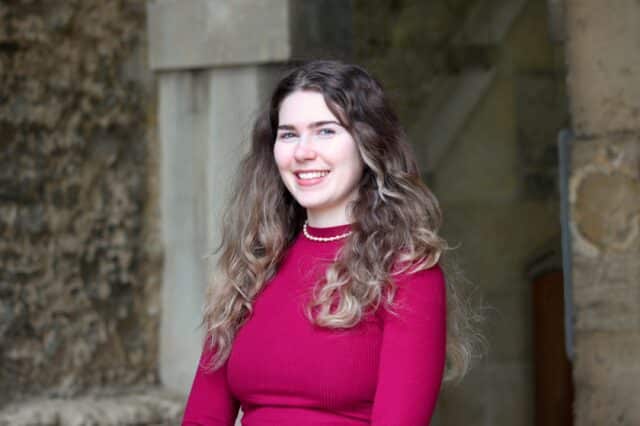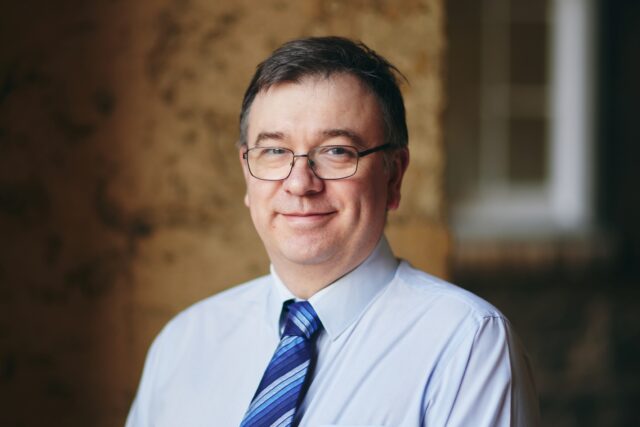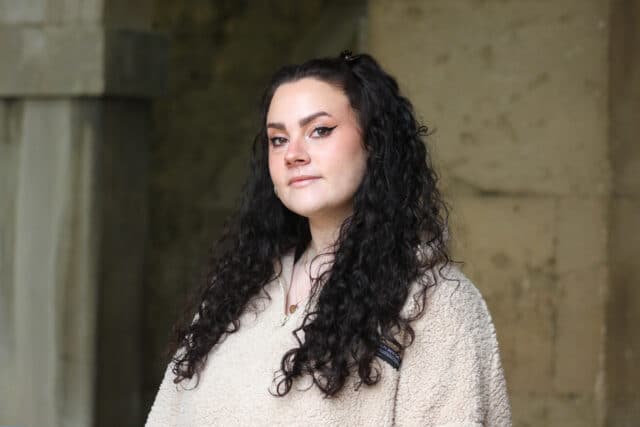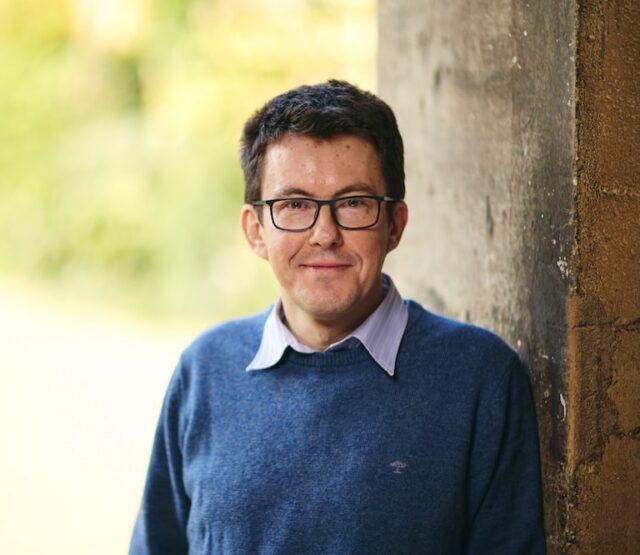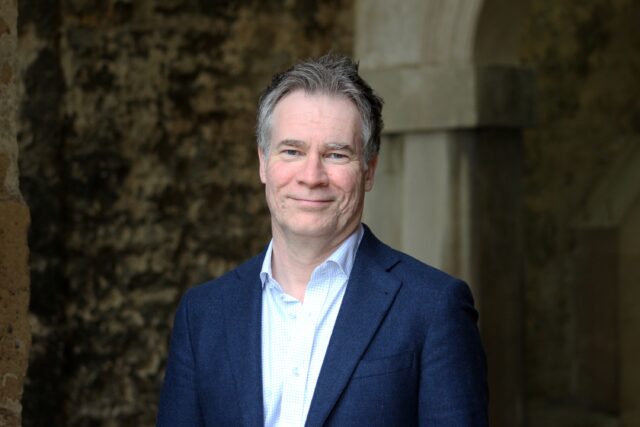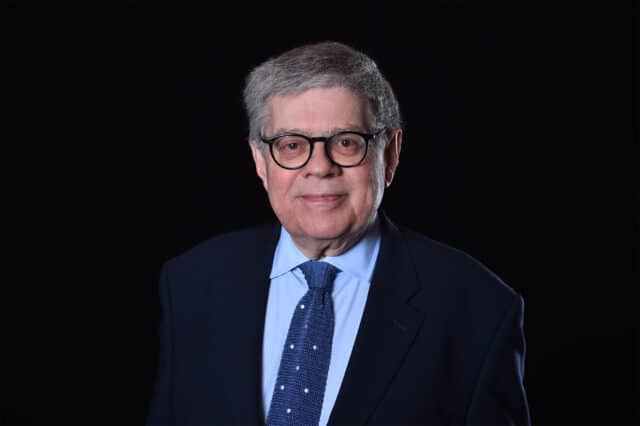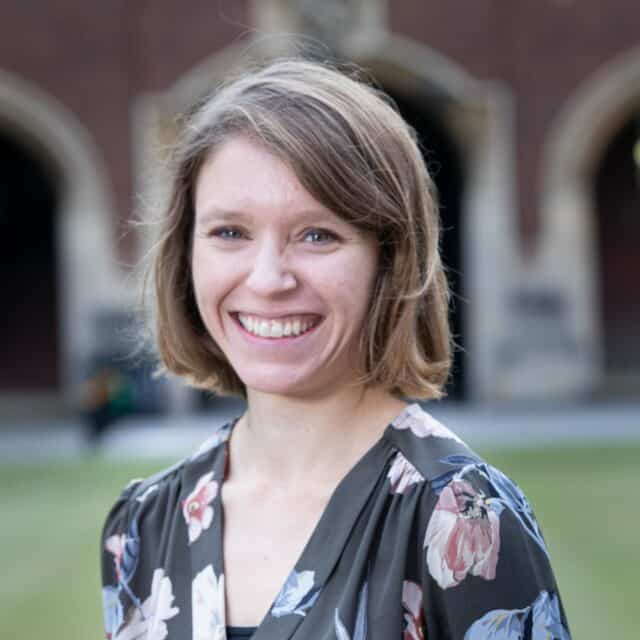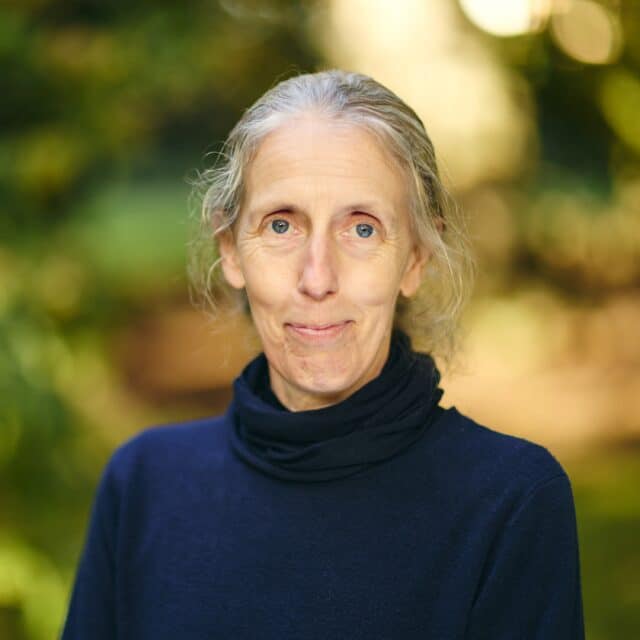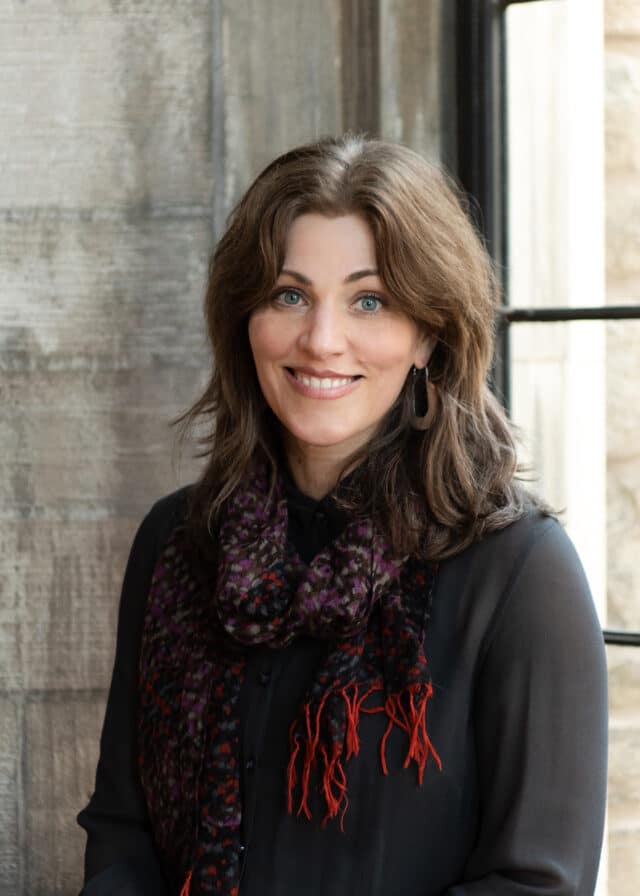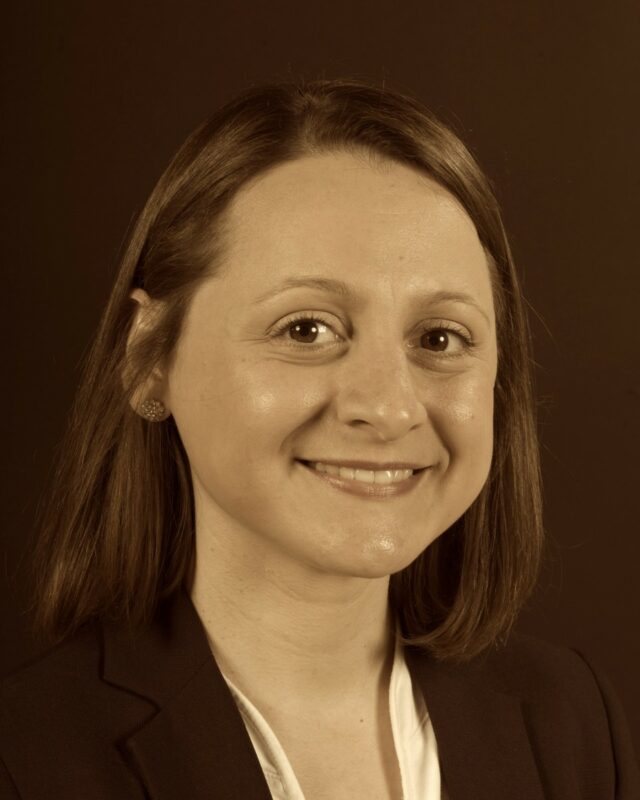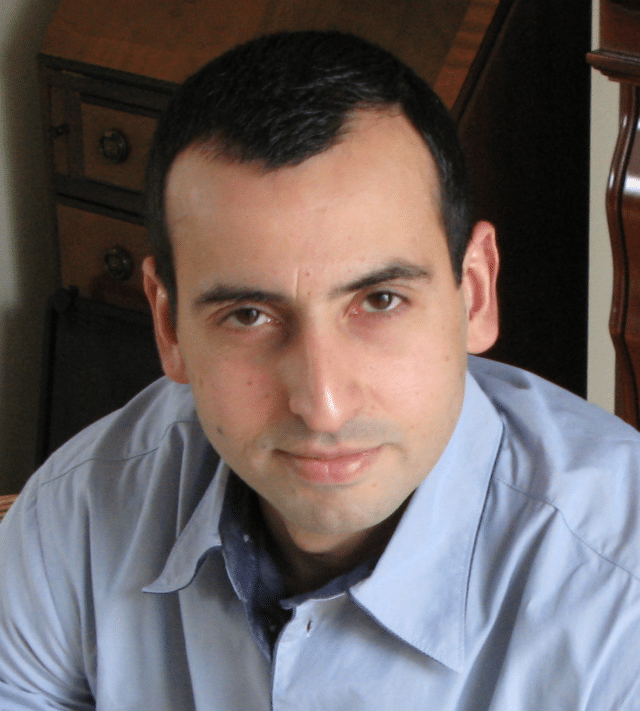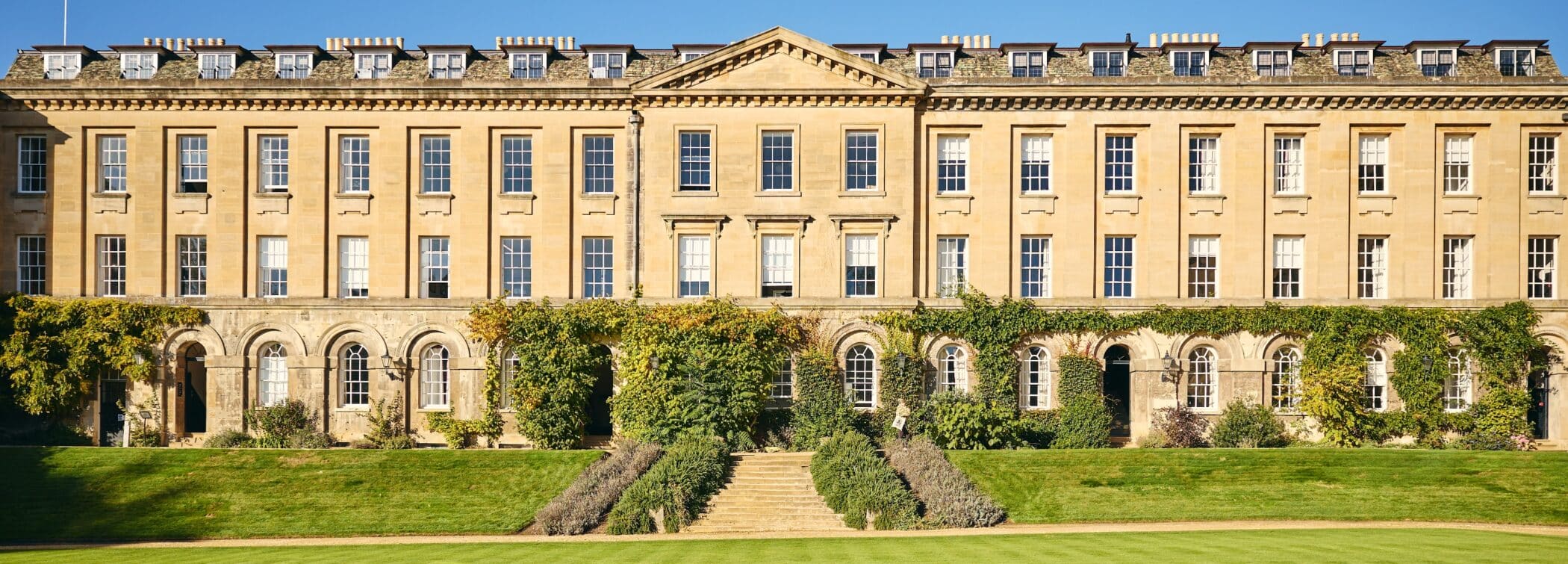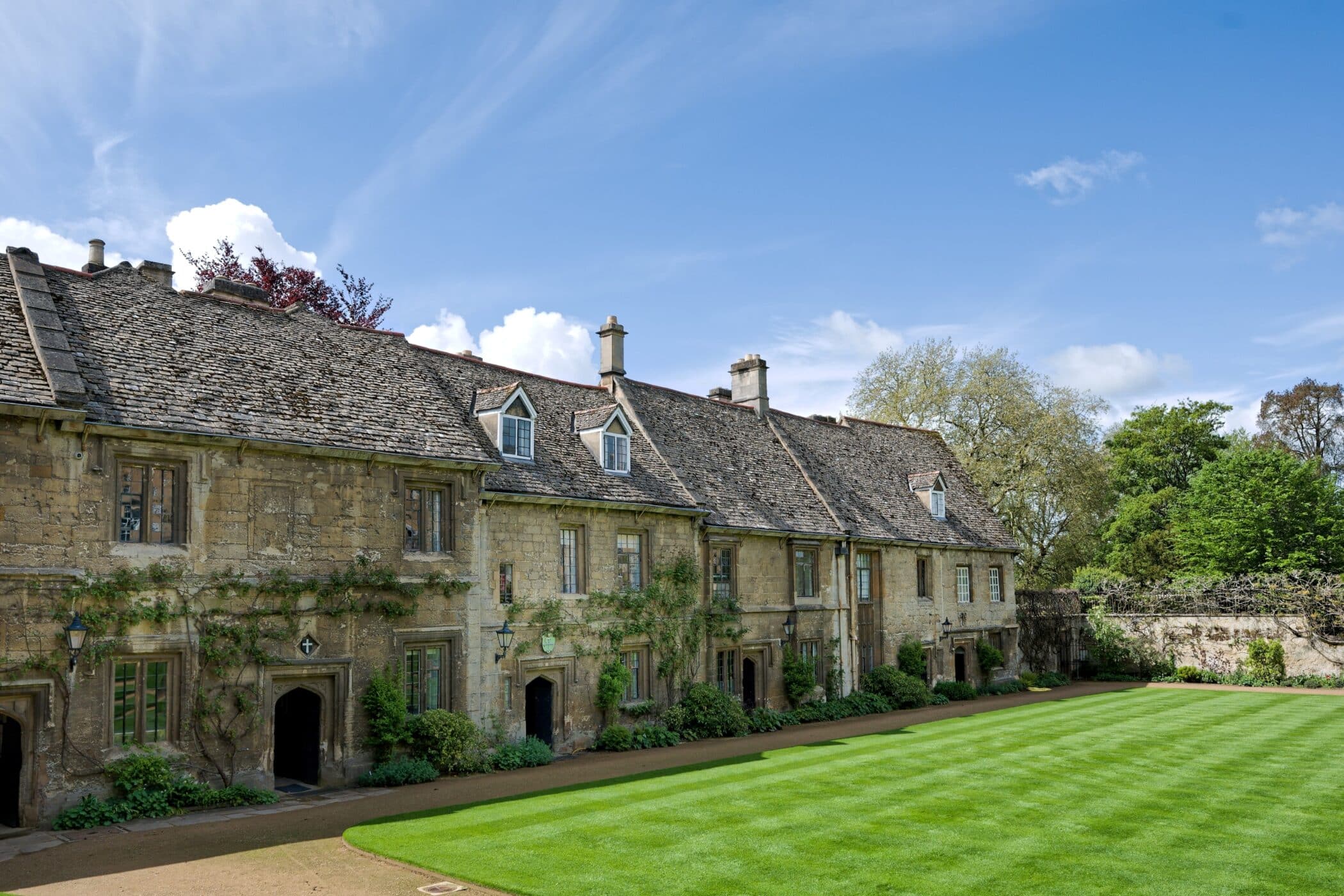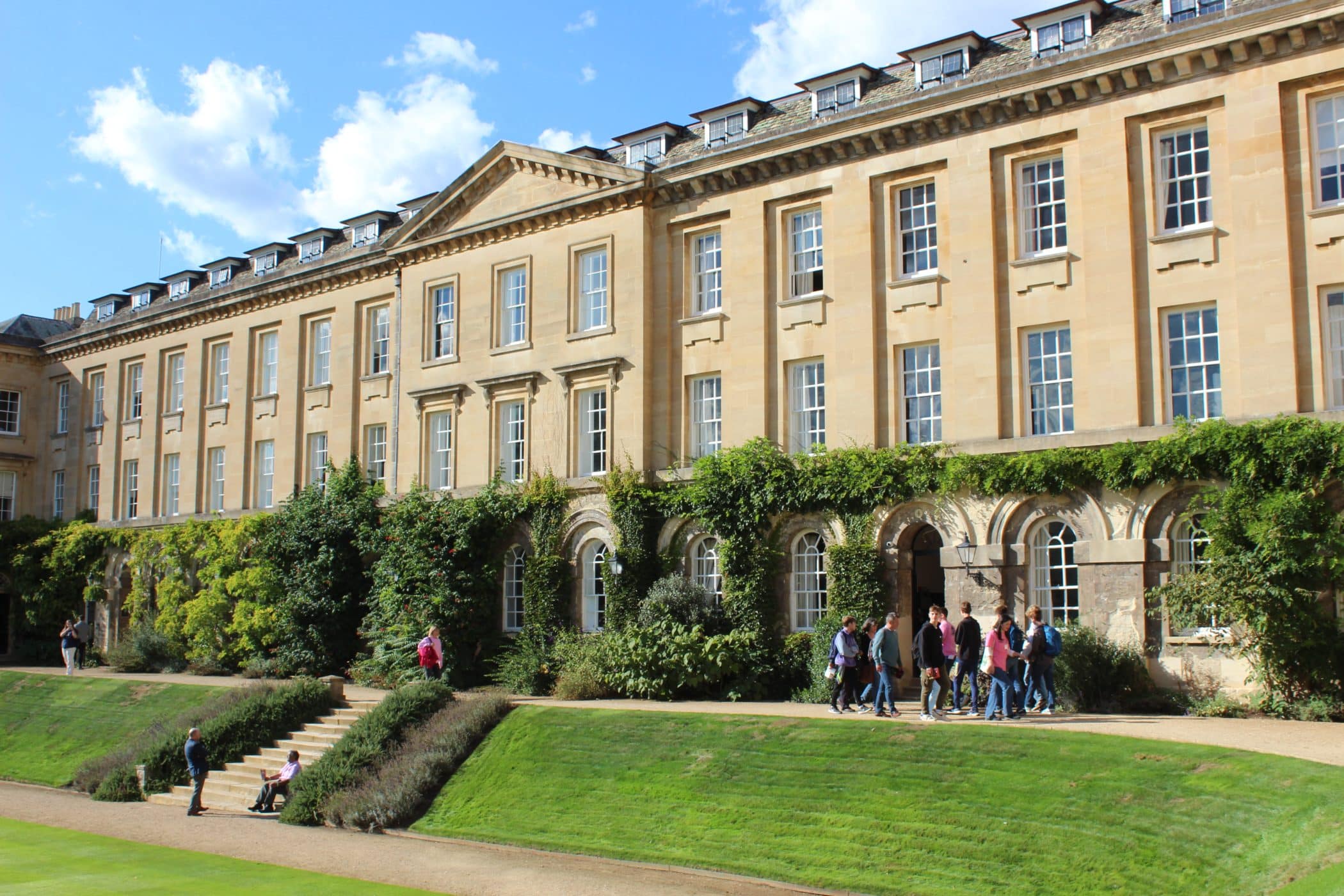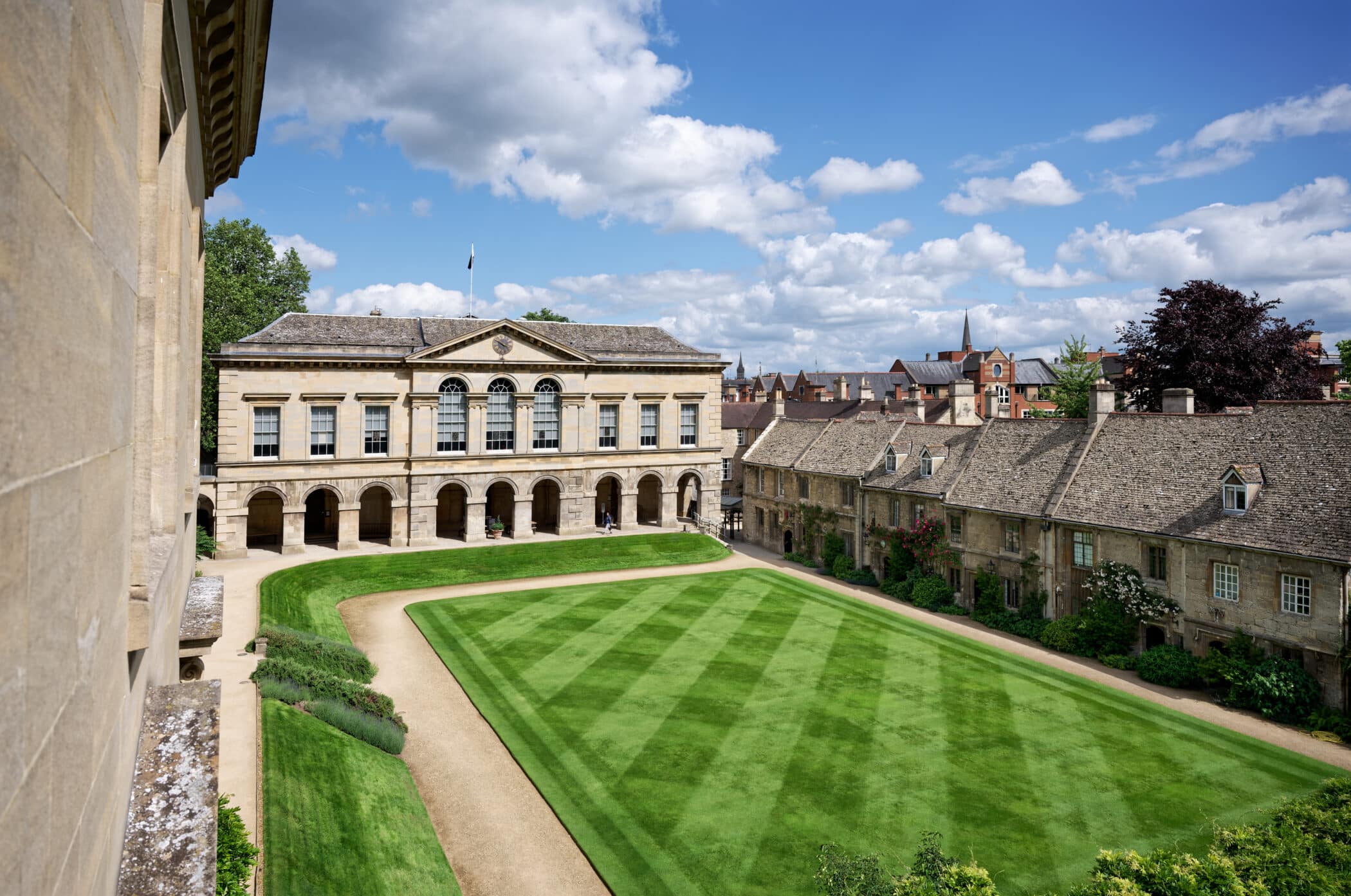
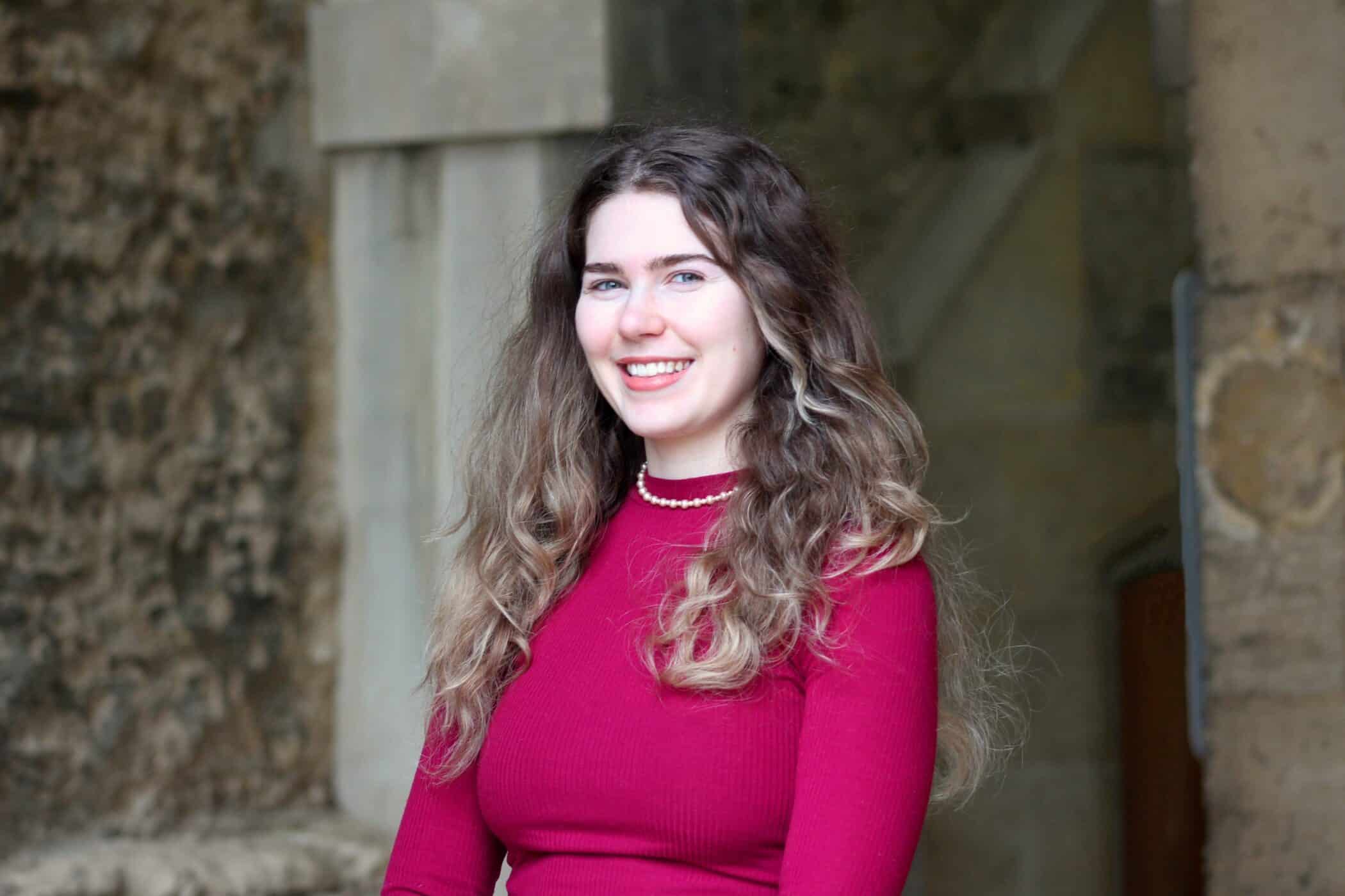
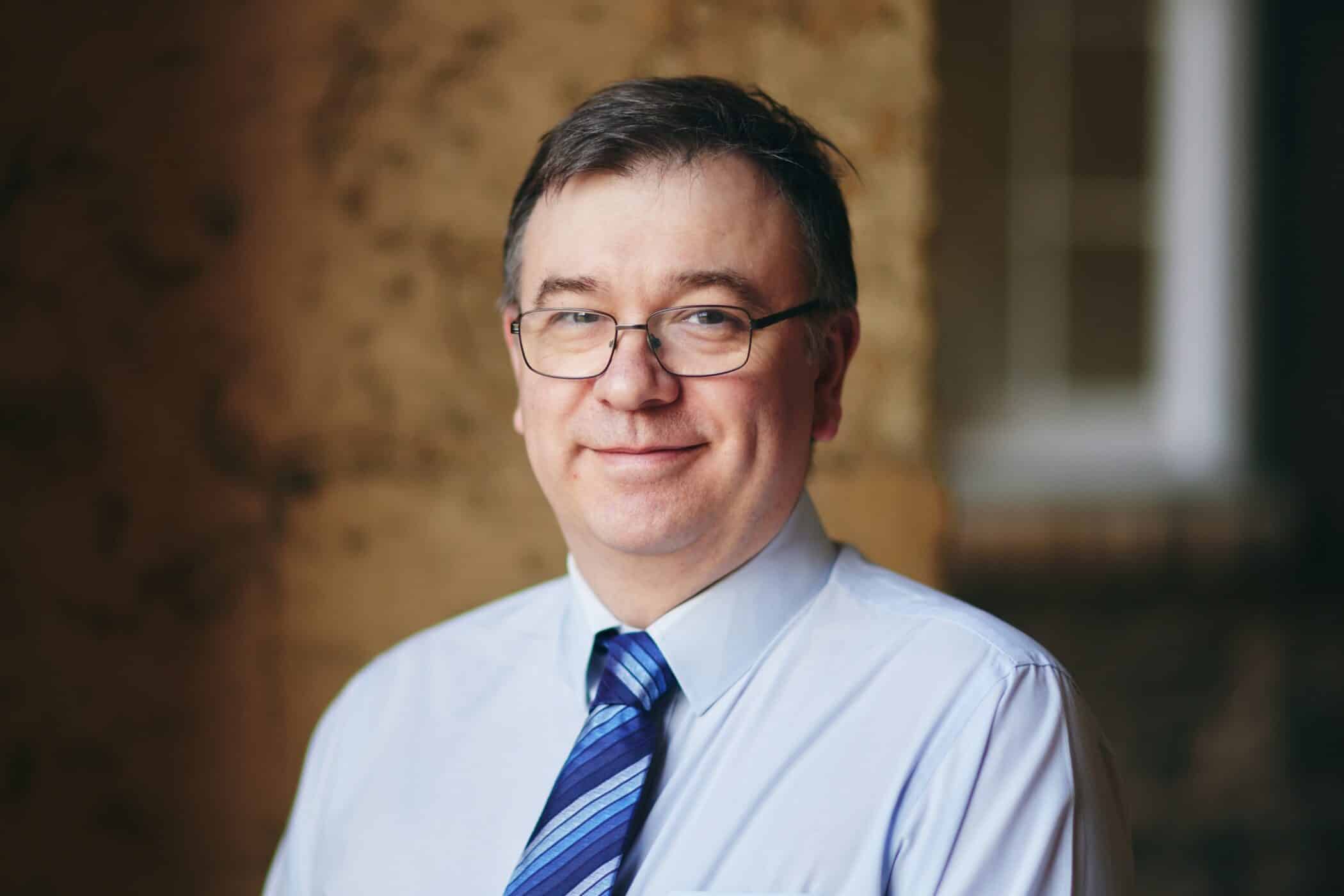
Regular Giving Officer
Rob is responsible for Worcester’s regular giving programme and donations to the Worcester Fund, including raising funds for the College and its students through telephone campaign support.

Edward and Catherine Wray Fellow & Tutor in Engineering
Associate Professor of Engineering
BE PhD (Queensland)
Wouter Mostert earned his PhD at the University of Queensland in 2015, on the topic of hydrodynamic stability of magnetohydrodynamic implosions, with application to inertial fusion energy, and in the propagation of shock waves. As a postdoc, he continued in this work at Caltech, before moving to study breaking ocean waves at Princeton University. He continued with this research as an Assistant Professor at the Missouri University of Science and Technology, before joining Oxford in the Environmental Fluid Mechanics group.
Wouter Mostert has interests in fluid mechanics, namely in air-sea interaction and flux of mass, momentum and energy primarily due to wave breaking, along with the associated dynamics of bubbles and droplets, which play a large role in these kinds of problems. He is further interested in the effects of ocean wave systems on sediment and pollutant transport, along with better understanding wave loadings on civil infrastructure.
His current interests are in understanding energy, bubble and droplet statistics in plunging breakers; in wind-driven spume generation processes in ocean waves; in the dissipative properties of shallow-water breakers and coastal wave systems; and the combined effects of wind, waves and storm surge on coastal infrastructure.
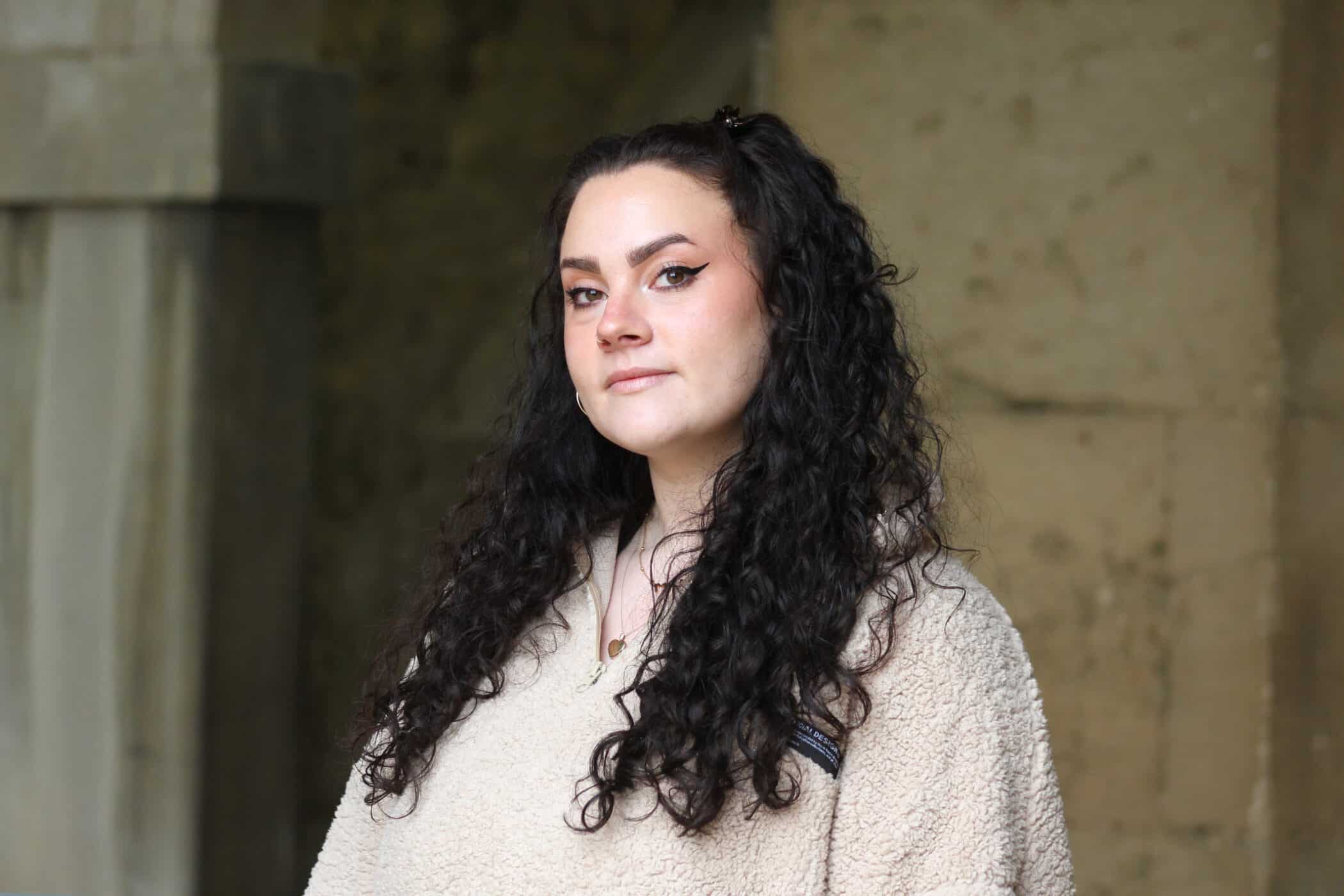
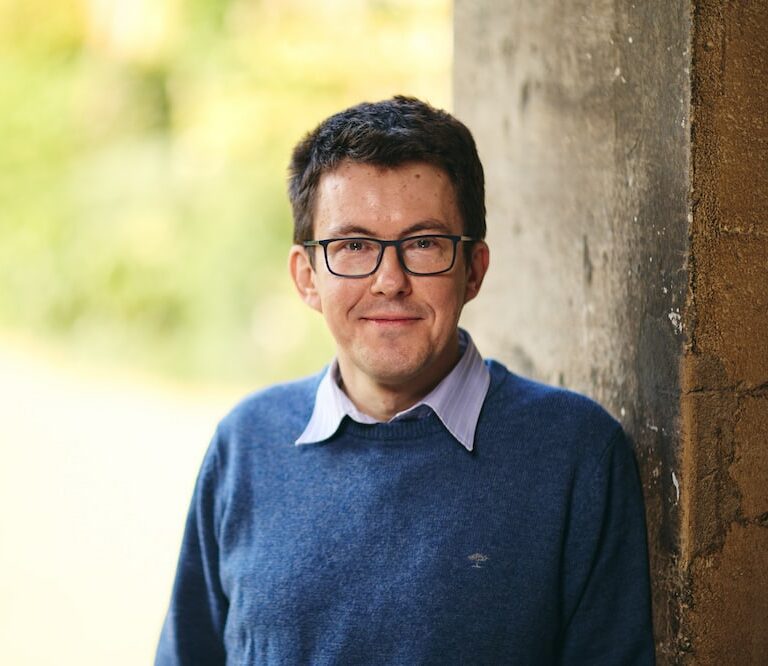
Bernard Sufrin Fellow & Tutor in Computer Science
Associate Professor of Programming Languages
MSc (Nicolaus Copernicus), DPhil (Oxford)
My research concerns the semantics of programing languages and its applications in software verification. I am interested in a broad spectrum of programming paradigms. Some recent examples include higher-order recursion, probabilistic computation, first- and higher-order state, concurrency, exceptions and objects.
Much of my work is based on game semantics, a modelling theory that uses games to model computation (a brief introduction to the area can be found here).
I like to blend research in semantics with automata theory. The latest examples are collapsible pushdown automata, automata over infinite alphabets and tree-stack automata. I am also interested in probabilistic systems in the context of differential privacy and machine learning. For more details, please see my publications page.
I’m involved in the activities of SIGLOG and currently serve as its Vice-Chair. Between 2014 and 2022 I was the Editor of SIGLOG News, which features highly readable surveys of research relevant to SIGLOG. I am also on the Steering Committee of FoSSaCS.

Honorary Fellow
Former Chairman of News Corp
1950, Philosophy, Politics & Economics
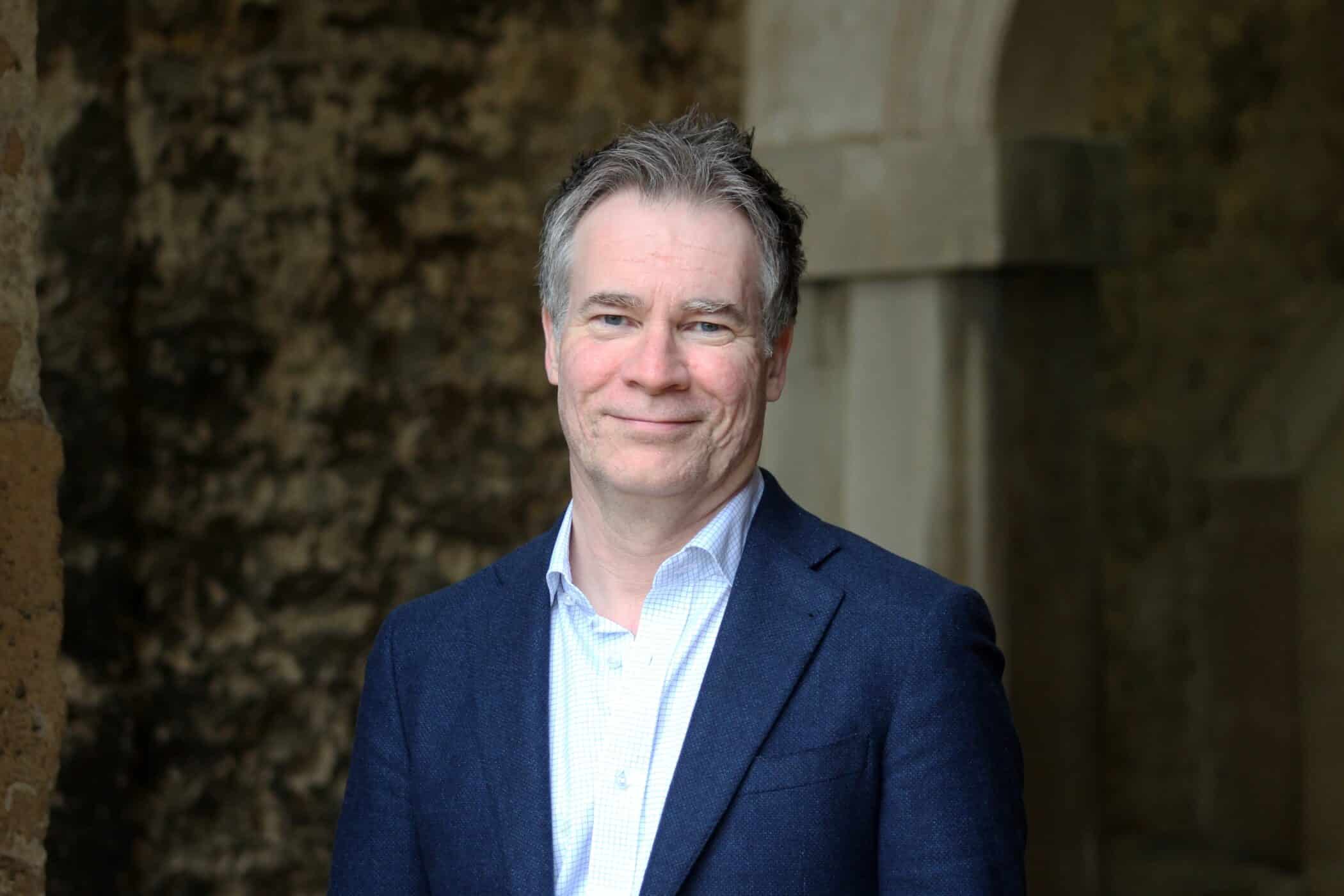
Francis Reynolds and Clarendon Fellow & Tutor in Law
Professor of Private Law
Vice Dean of the Faculty of Law
BCL MA (Oxford)
From October 2024 to 2027, Professor Nolan will be serving full-time as Vice Dean of the Faculty of Law.
Donal Nolan is Professor of Private Law in the University of Oxford and Francis Reynolds and Clarendon Fellow and Tutor in Law at Worcester College, Oxford. He was educated at Brasenose College, Oxford (BA and BCL) and was previously a Lecturer in Law at King’s College London. He has taught tort, contract, international trade law, restitution and commercial law, and has been a Visiting Professor in the University of Florida, the National University of Singapore, the University of Trento and Sichuan University. He is a Senior Fellow of the University of Melbourne, a founding member of the World Tort Law Society, and an elected member of the American Law Institute (ALI). He is also a member of the International Advisory Panel for the ALI’s Restatement of the Law Fourth, Property, and a member of the editorial committee of the Modern Law Review.
Donal’s research is focused primarily on the law of tort, and in particular on the law of negligence, the law of private nuisance and the interface between tort law and public law. He has also written on a range of topics in contract law, including offer and acceptance, estoppel and termination for breach of contract, and has an interest in the history of legal scholarship.

Honorary Fellow
CEO & Chairman of L'Oréal (1988-2011)
1965, Modern Languages
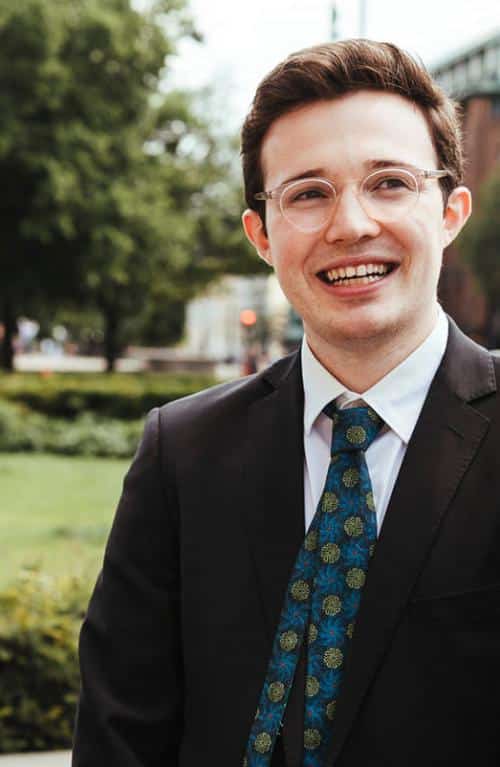
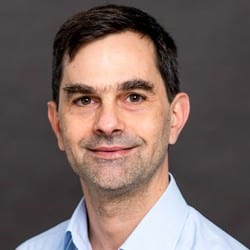
Emeritus Fellow
Professor of Control Engineering
Fellow & Tutor in Engineering (2010-2024)
BA MEng (Cambridge), MA (Oxford), PhD (Caltech)
Antonis joined the University of Oxford in 2006, where he is currently the Professor of Control Engineering and an official fellow at Kellogg College. He was previously a Tutorial Fellow at Worcester College (2010-2024), EPSRC Fellow (2015-2021) and Director of the EPSRC & BBSRC Centre for Doctoral training in Synthetic Biology (2014-2023). Antonis holds an MA/MEng degree in Electrical and Information Sciences from the University of Cambridge, U.K., as a member of Robinson College (2000) and a PhD in Control and Dynamical Systems at the California Institute of Technology, with a PhD Minor in Aeronautics (2005). In 2015 he was awarded the European Control Award for his contributions to robustness analysis and applications to networked control systems and systems biology and the O. Hugo Schuck Best Paper Award. He is an IEEE Fellow for his contributions to the analysis and design of networked control systems. He was involved in the organisation of many control conferences (such as 2024 L4DC and 2024 ECC) and was previously associate editor for Automatica and IEEE Transactions on Automatic Control.
Antonis is part of the SYSOS (System of Systems) group at the Department of Engineering Science. The SYSOS Group develops tools and algorithms based on modern control theory for the robust analysis and design of biological and technological systems and applies them in a range of areas, from Synthetic Biology to fluid mechanics. In particular, they have been developing theory to understand how nonlinear networked systems operate and how to design control laws for them, using computational tools based on the Sum of Squares decomposition and Semidefinite Programming.
They have been applying this theory to understand and (re)design biological systems (Systems and Synthetic Biology) but also to analyse and design control laws for fluid flows, robust synchronization, multi-agent system consensus, smart power networks and congestion control for the Internet.
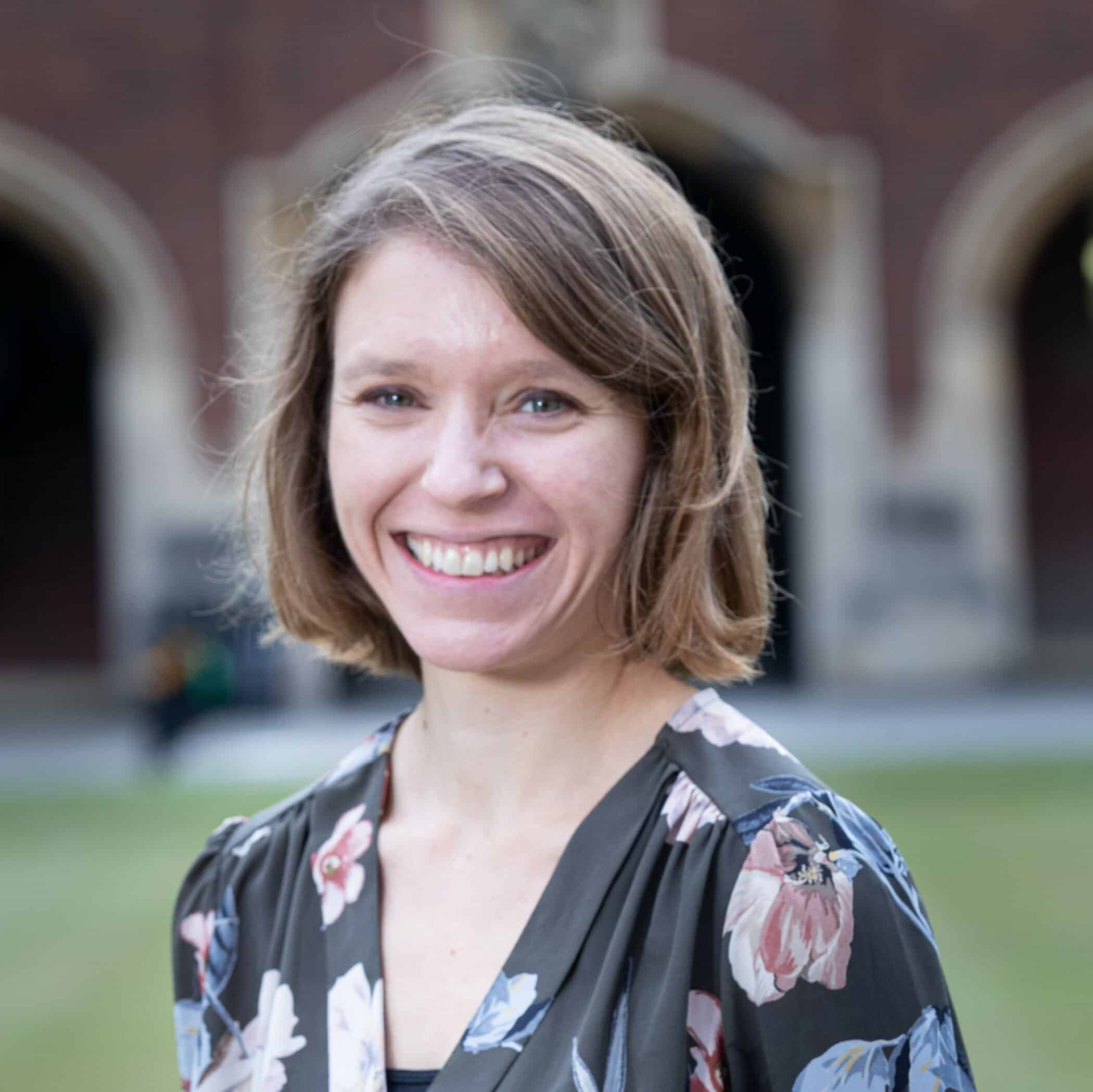
Deputy Director of Development
As Deputy Director of Development, Millie works with some of Worcester’s most generous supporters, and has oversight of our regular giving and legacy programmes.
She grew up near Oxford and moved away to study, eventually completing a PhD in Italian literature. She decided that her path lay elsewhere in higher education though, so switched into fundraising and philanthropy, and has worked at Colleges in Cambridge and Oxford.
She cares deeply about reducing educational inequality and is a trustee of Oxford Hub.
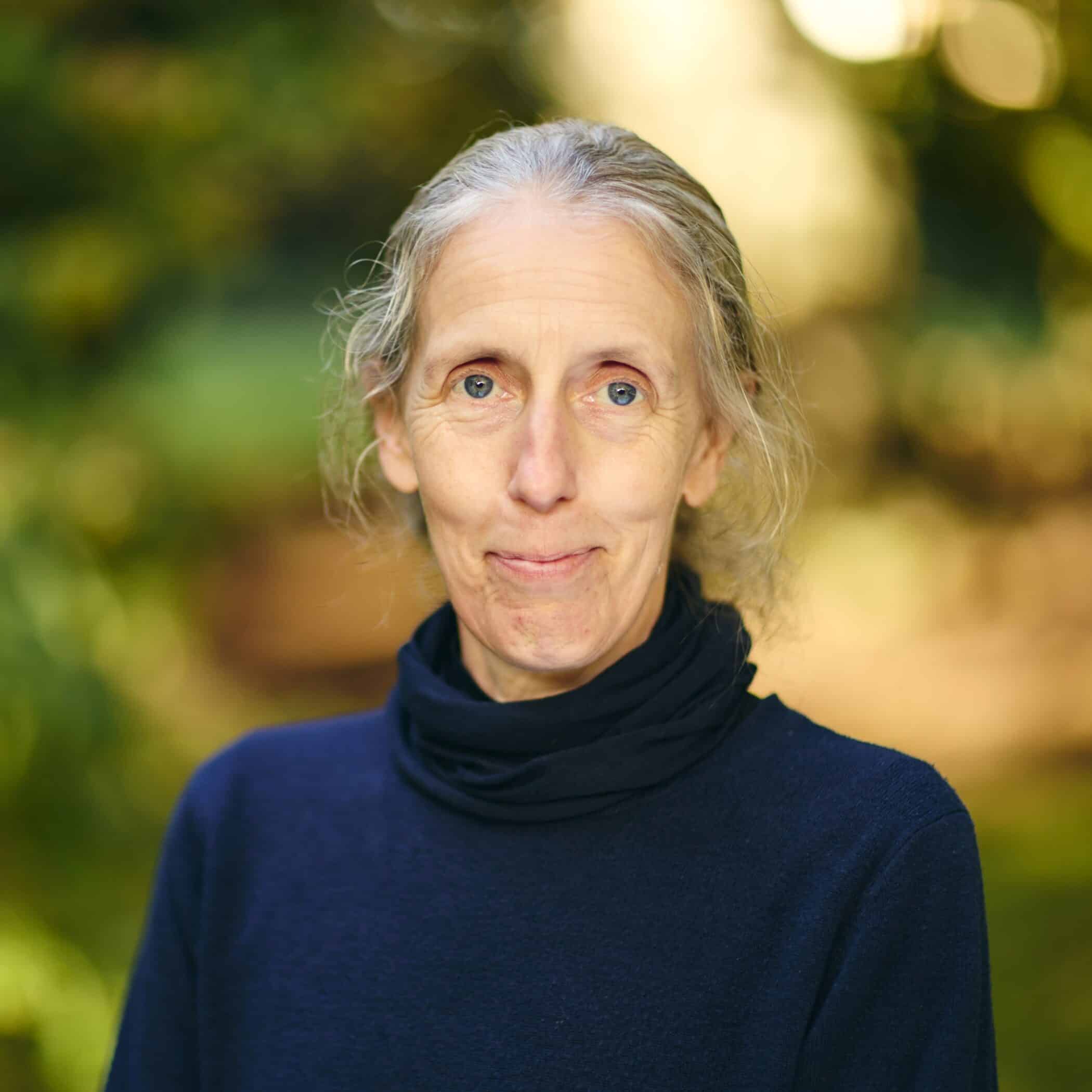
Senior Tutor
Governing Body Fellow
MA (St Andrews), DPhil (Oxford)
Helen Parish joined Worcester from the University of Reading, where she was Professor in Early Modern History and Head of School in Humanities. Her academic work is focused on the history of belief, broadly understood, including the European Reformations, church and clergy, alongside debates over superstition, magic, witchcraft and the supernatural, and the connections between religion and natural history. As Senior Tutor, she is responsible for the strategic planning and oversight of the College’s academic activities, and for undergraduate admissions.
My research and teaching explore the history of belief, broadly understood, in the late medieval and early modern period. This includes the history of the European Reformations, church and clergy, as well as ideas about magic, witchcraft and the supernatural, and the connections between religion and natural history.
Understanding the multiple lenses through which the world was viewed in this period enables us to ask informed questions of the past, and interrogate the broad range of evidence and ideas that have shaped the world around us today.
My own research is informed by my training as a historian, but also by the multi-disciplinary approaches to the past that have shaped the study of early modern history. Early projects and publications focused on the Reformation in England and Europe, including debates over clerical celibacy and marriage, miracles, the lives of the saints and their relics, and concepts of authority in the post-Reformation churches. Co-editing a collection of essays on ideas about superstition in the era of the Reformation encouraged me to explore further the often permeable boundary between religion and belief, writing on magic and priestcraft, witchcraft and familiars, and the reading and writing of natural history.
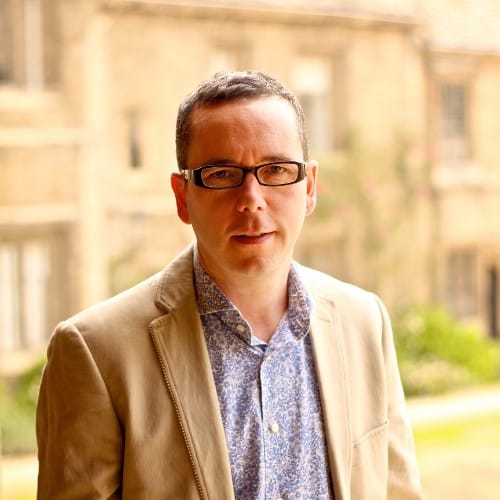
Rank Foundation-Netherthorpe Memorial Fellow & Tutor in Medicine and Head of Research (Sciences)
Associate Professor in Cellular and Molecular Pharmacology
MA (Cambridge), MA (Oxford), PhD (London)
Dr Parrington is a Fellow in Physiological Sciences (Pharmacology) and his research interests are molecular mechanisms of reproduction and early embryogenesis, the role of calcium signals in mediating key physiological events, and genomic and proteomic approaches to understanding cell signalling.
The principal research interest of Dr Parrington’s research group is in using molecular approaches to study how calcium signalling governs key physiological events.

Fun fact
I enjoy trail running and playing golf.
College Lecturer in Medicine
Academic Clinical Fellow, Nuffield Department of Primary Care Health Sciences
BM BCh MA (Oxford), MSc (Edinburgh)
I graduated from medical school at the University of Oxford (Worcester College) in 2016. After choosing a career in General Practice, I joined the Nuffield Department of Primary Care Health Sciences as an Academic Clinical Fellow in 2020. In my clinical role, I am a GP trainee based in Didcot, Oxfordshire. I also have an interest in education, having completed a Master’s degree in Clinical Education at the University of Edinburgh in 2021. I am currently a tutor in clinical medicine at Worcester College, and intend to pursue a career role in the training of future GPs.
I have a strong interest in digital health innovations, and their integration into clinical care pathways. I work within the digital health and long-term conditions research team, supervised by Professor Andrew Farmer. I am currently involved in ongoing research evaluating the role of remote vital sign monitoring in ‘virtual ward’ or ‘hospital-at-home’ settings.
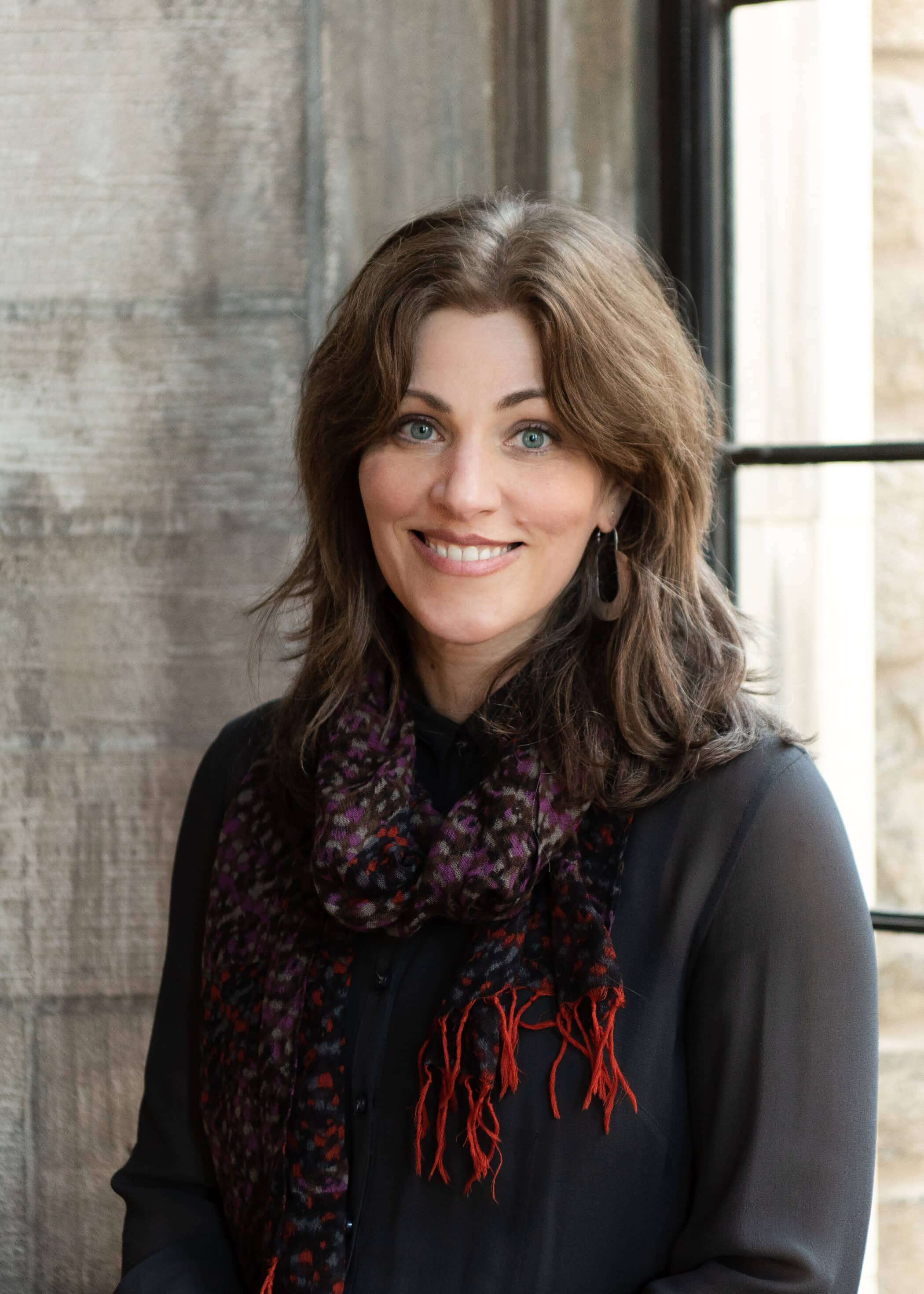
Terra Foundation Visiting Professor in American Art
BA (Carleton College), MA (New York), PhD (Indiana)
Erin Pauwels is an historian of modern and contemporary art in the Americas with special interest in photography, Indigenous Studies, and ecocritical approaches to visual culture. Her research explores the politics of portraiture and placemaking, technologies of image dissemination, and intersections between theater and the visual arts.
Her first book, Napoleon Sarony’s Living Pictures: The Celebrity Photograph in Gilded Age New York was published by the Penn State University Press in 2024. It reconstructs the lost legacy of a once-famous nineteenth-century artist to reveal how the emergence of mass media reshaped definitions of artistic authorship along with the global reach and material character of art objects.
Other recent publications include essays on photography as a site of Native resistance; the hybrid media operations of painted studio backdrops; and the ambiguous potency of photographic truth claims in the context of digital and social media. Her published work appears in the journals American Art, Panorama, History & Technology, as well as edited volumes such as Interrogating the Visual Culture of Trumpism (Routledge, 2024), The Routledge Companion to Art and Empire: Imperialism and Aesthetic Practices, 1800-1950 (Routledge, 2025), and Acting Out: Cabinet Cards and the Making of Modern Photography (University of California Press, 2020).
Pauwels’s research has earned support from prominent funding institutions including the Terra Foundation for American Art, the Smithsonian American Art Museum and National Portrait Gallery, the Henry Luce Foundation, the American Council of Learned Societies, Wyeth Foundation for American Art, Houghton Library of Harvard University, Harry Ransom Center, Huntington Library, American Antiquarian Society and the Winterthur Museum, Garden and Library. Pauwels is a proud member of the Association of Historians of American Art, the Photography Network, and recently was elected to the Print Council of America.
In the 2024-25 academic year, Professor Pauwels will teach an undergraduate survey course at Oxford on American art from the 17th century to the present day. She will offer as well a Master’s course on art and environmental thought that focuses on how land, animals and material resources have inspired the art and, more broadly, the visual and material culture of the United States, Canada, Mexico and the Caribbean.
During her time in Oxford, Professor Pauwels will also be a Visiting Fellow at Worcester College, where she will deliver the annual Terra Lectures in American Art in the Spring of 2025. The lectures will be open to staff and students at Oxford, as well as to the wider public.
Selected Works

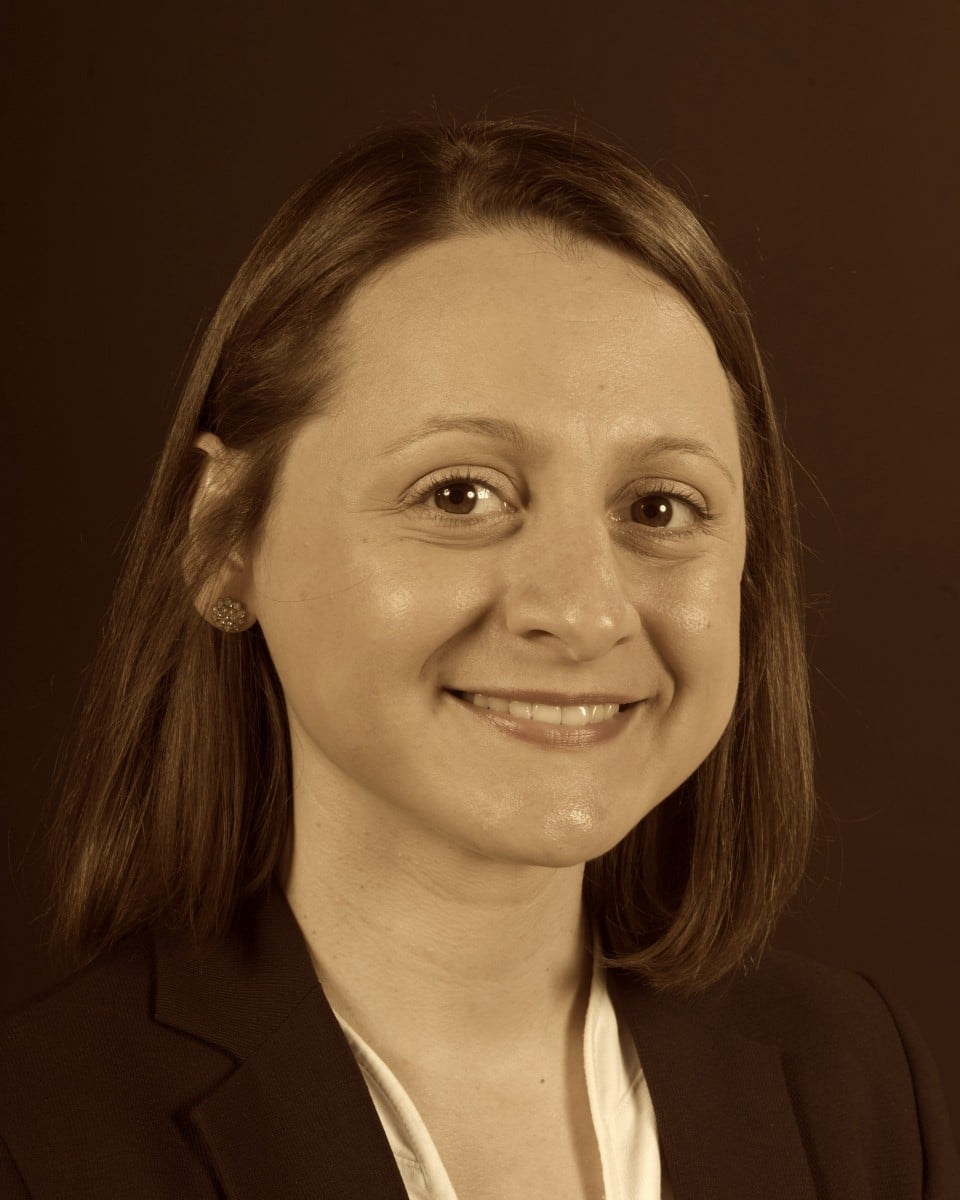
College Lecturer in Medicine
BSc, MB BS
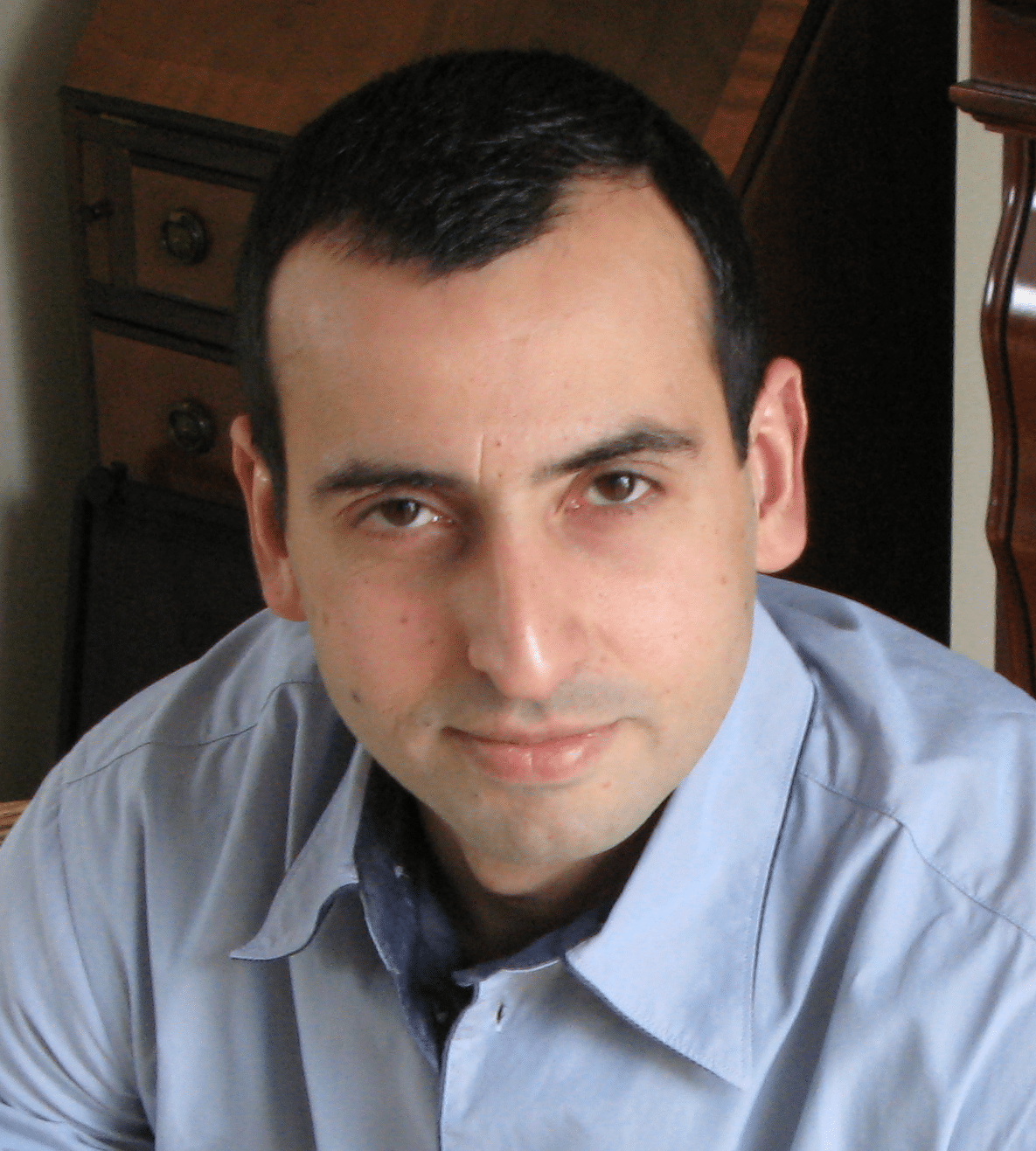
Hinton Fellow & Tutor in Philosophy
Clarendon Associate Professor of Philosophy
BA MA (Athens), MA DPhil (Oxford)
Dr Peramatzis’ specialities are ancient philosophy, especially Aristotle’s metaphysics, logic and epistemology and Plato’s metaphysics and epistemology.

